Just Church
By Phyllis Zagano (Paulist Press, 2023)
What does it mean for the Catholic Church to espouse justice to the world? In Just Church, Phyllis Zagano, scholar and member of the Pontifical Commission for the Study of the Diaconate of Women, offers a timely exploration of this question. Zagano provides an overview of Catholic social teaching and synodality with an eye to how these streams of thinking inform discernment of women’s roles in the church.
Zagano first explores how the seven themes of Catholic social teaching can gauge the church hierarchy’s internal consistency. Is the church practicing what we preach in our ministry and decision-making—prioritizing those on the margins, treating workers justly, honoring human dignity—or has clericalism taken root, eroding credibility? Zagano draws on contemporary examples in the U.S. church to make the case that improvement is needed to achieve meaningful participation and decision-making for women in the church.
Zagano provides an overview of past synods before exploring the four synods convened in the 10 years of Pope Francis’ papacy. She discusses Pope Francis’ reorganization of the Roman curia, which has created more spaces for women. Finally, she explores live questions in the church today: the restoration of women deacons and questions around women in lay ministry.
Since the book’s publication, Pope Francis made history by extending voting rights to 70 non-bishops—at least 35 of whom will be women—at the October 2023 synod. Previously, women could only be present at synods as non-voting auditors. This announcement further confirms Zagano’s statement that Pope Francis is “not afraid of change.” Zagano’s copiously-footnoted book will serve anyone seeking an accessible guide to contextualize the unfolding Synod on Synodality—especially those hopeful for better representation of women in the church.
—Rhonda Miska
Beauty and Horror in a Concentration Camp
By James Murphy (New City Press, 2023)
The voices of the Six Million continue to rise from the ashes of the Shoah. New testimonies, such as that of Etty Hillesum, a Dutch Jew murdered at Auschwitz in 1943, have surfaced in recent years. Hillesum has captured interest among philosophers and theologians for her reflections on inner freedom and the potential to find faith in God and the beauty of life alongside the darkness of persecution and genocide.
James Murphy, retired priest and the author of Saints and Sinners in the Cristero War (Ignatius Press), introduces readers to Hillesum’s life and thought. His purpose, he notes, is not to “ ‘claim’ her, but to explore how it was that Hillesum, an assimilated Jew steeped in the culture of the Christian Enlightenment in Europe, drew inspiration from the Christian tradition.” While the exact relationship is unknown, he notes that Hillesum knew of Edith Stein, the philosopher, Jewish convert, and Carmelite. She recognized Stein at the Westerbork transit camp when Stein was en route to Auschwitz.
Hillesum first came to attention in the English-speaking world in the 1980s with the publication of An Interrupted Life (Picador), an abridgment of her writings for a popular audience. A biographer wrote that she used journaling to “address within herself what she knew needed to be attended to if she was ever going to find any mental peace and rest.”
Unlike Stein, Hillesum sought God through personal relationships that Catholics would find flawed. Her therapist, for example, was also her lover. Perhaps what Catholics can learn from Hillesum is that God truly shows no partiality in choosing those to whom God reveals Godself (Acts 10:34–35). Gifts of the Spirit are not limited to saintly mystics but given to all who seek God with a sincere and thirsty heart.
—Michelle Arnold
Briefly noted:
The 272: The Families Who Were Enslaved and Sold to Build the American Catholic Church
By Rachel L. Swarns (Random House, 2023)
Swarns’ journalism shines a light on the enslaved people whose forced labor helped build the U.S. Catholic Church.
QAnon, Chaos, and the Cross
Edited by Michael W. Austin and Gregory L. Bock (Eerdmans, 2023)
QAnon and other conspiracy theories thrive online and disrupt faith communities. The essays in this collection explore why people are drawn to conspiracy theories, their consequences, and gospel-based paths forward.
The Diaspora Sonnets
By Oliver de la Paz (Liveright, 2023)
This collection of sonnets invokes the perseverance of the Filipino diaspora in America with lyricism and nostalgia.
This article also appears in the August 2023 issue of U.S. Catholic (Vol. 88, No. 8, page 39). Click here to subscribe to the magazine.


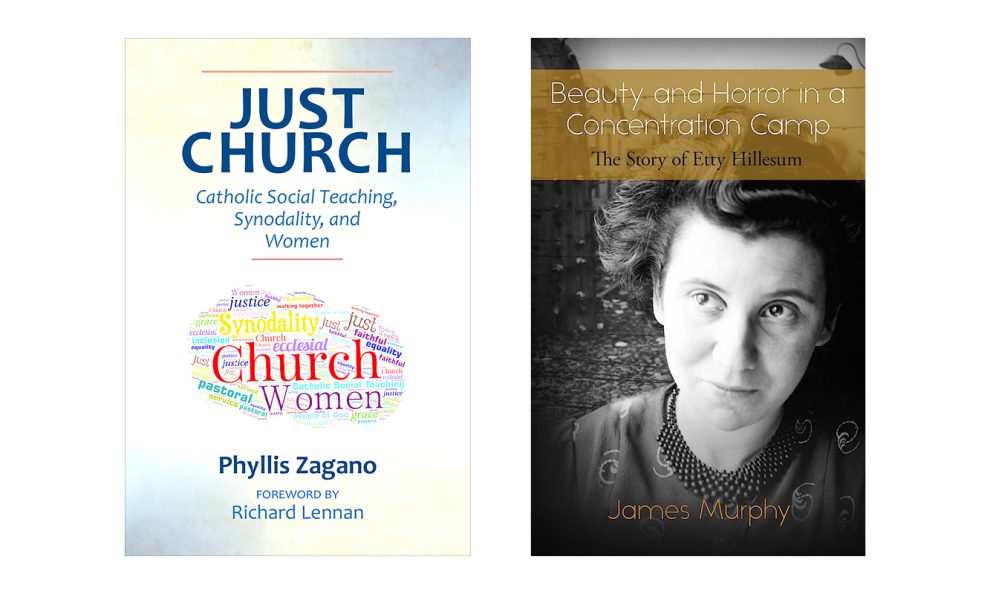
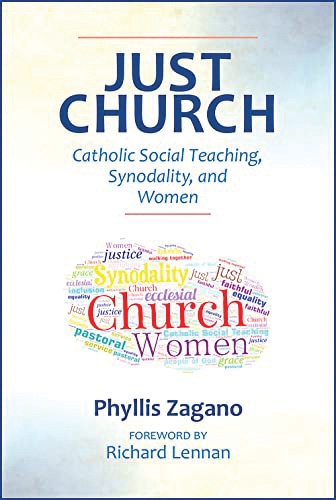

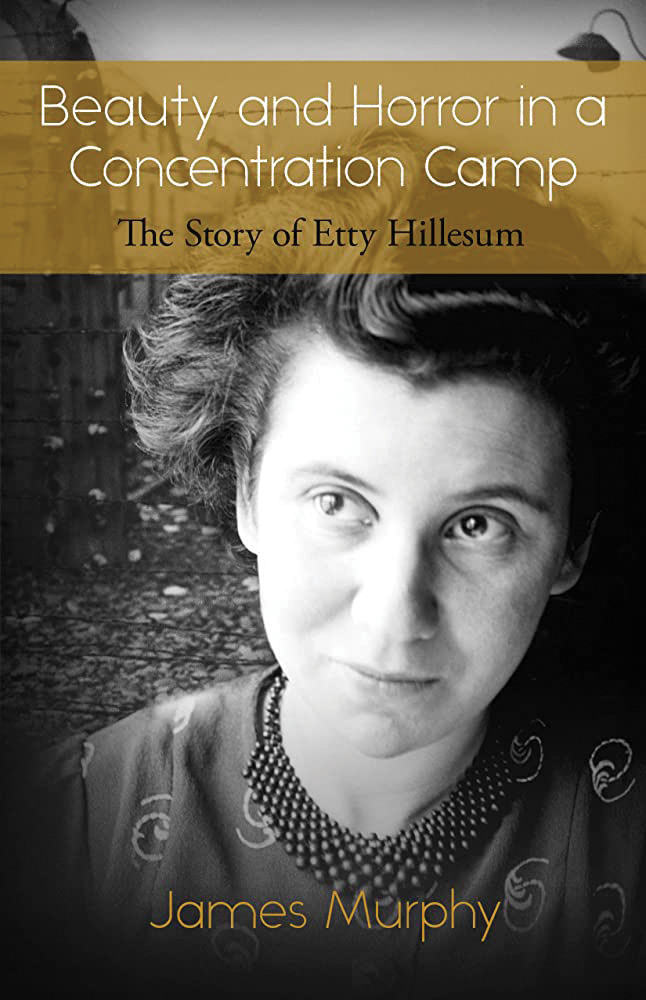
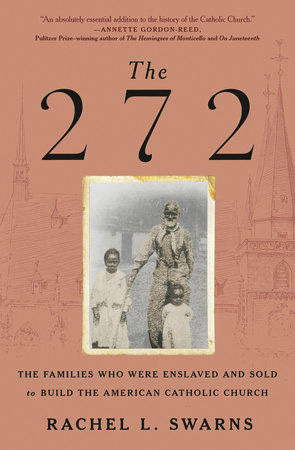
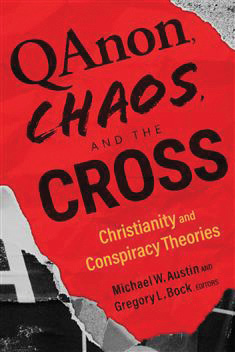
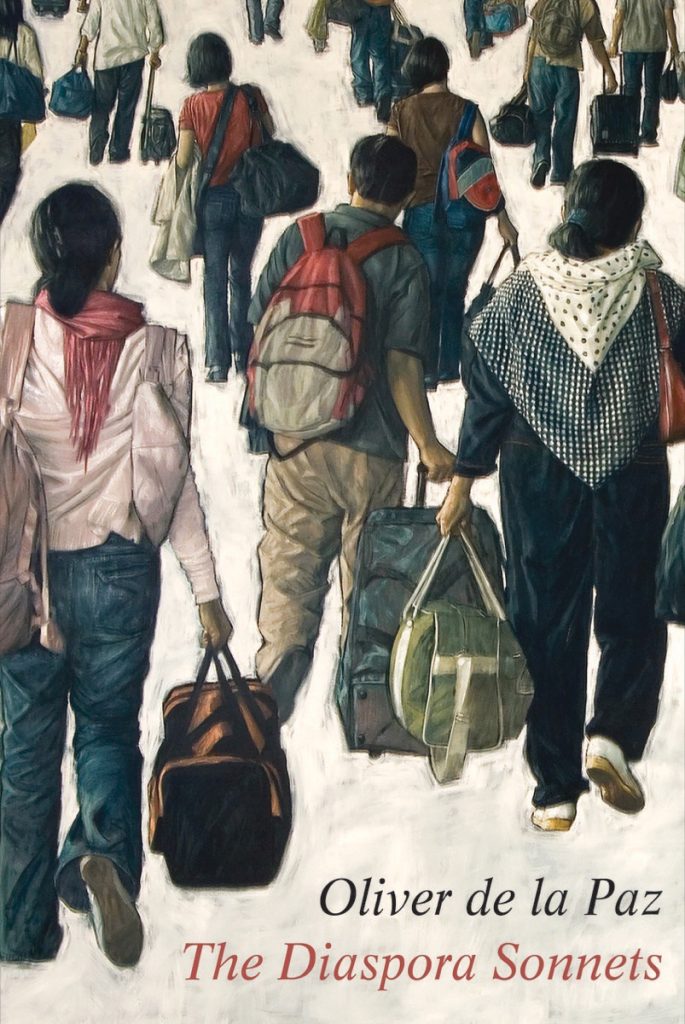











Add comment